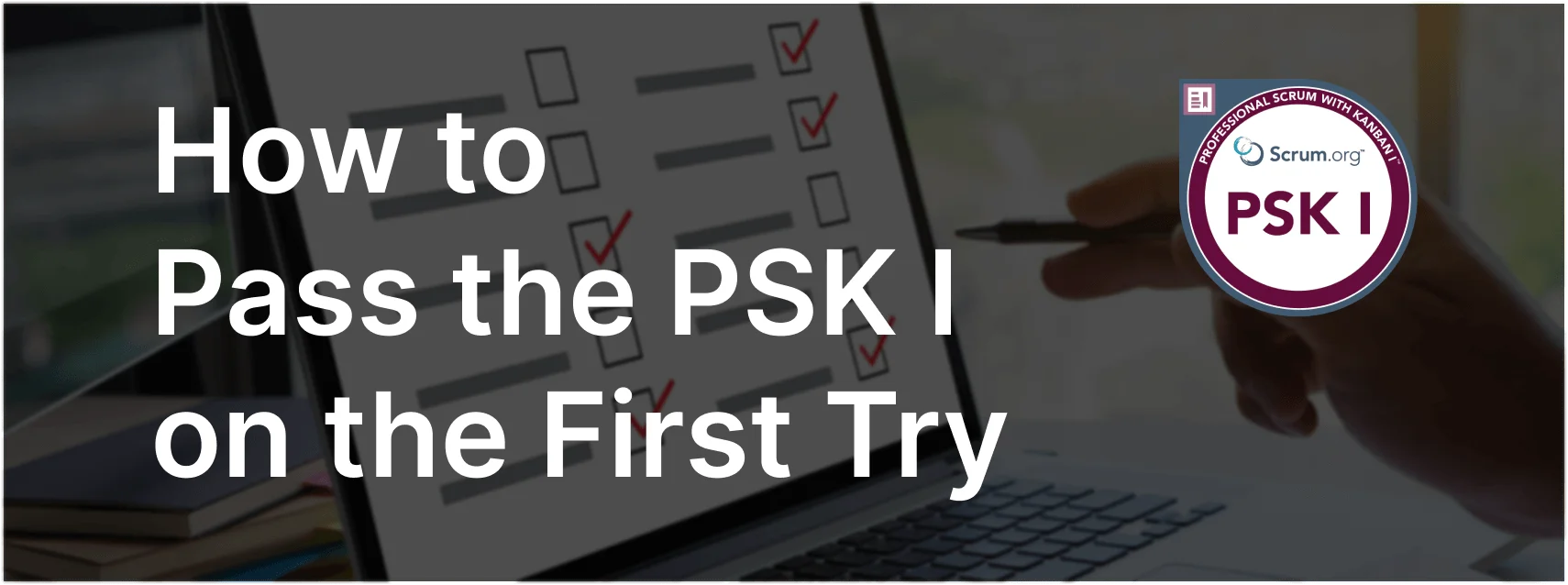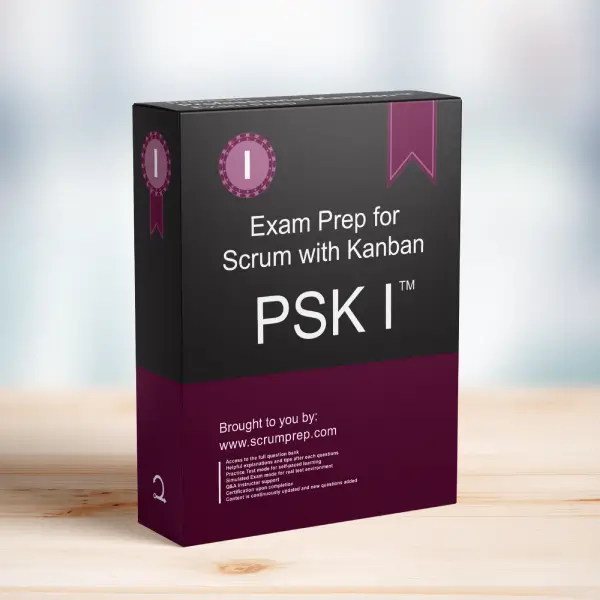Releasing with Scrum and Kanban
When integrating Kanban with Scrum, or even when using Scrum alone, the timing of releases is flexible and does not need to coincide with the end of the Sprint or the Sprint Review.
Exam Question
True or False: Scrum with Kanban only allows you to release at the end of the Sprint.
A. True
B. False
Correct Answer
B. False
Explanation
Correct Answer
B. False:
Scrum with Kanban, and even Scrum without Kanban, allows teams to release work whenever it is ready and meets the Definition of Done. The Scrum framework does not dictate that releases must happen only at the end of a Sprint or during the Sprint Review. Instead, the team can decide to release increments at any point during the Sprint when they feel it adds value. The Sprint Review is typically a time to inspect the Increment and adapt the Product Backlog, but it is not a mandated release point. This flexibility is particularly enhanced with the integration of Kanban practices, which encourage a continuous flow of work and potentially more frequent releases.
Releasing in Scrum and Scrum with Kanban
- Continuous Delivery: Both Scrum and Scrum with Kanban support continuous delivery, where work items or increments are released as soon as they are completed and meet the Definition of Done. This approach allows teams to deliver value continuously rather than waiting for the end of the Sprint.
- Flexibility in Release Timing: The Scrum framework provides the flexibility to release at any time during the Sprint. This decision is often based on the readiness of the Increment and whether releasing it at a particular time would deliver value to stakeholders.
- Sprint Review: While the Sprint Review is an event where the Increment is inspected, it is not the only time when releases can happen. Teams may choose to release work before or after the Sprint Review based on their needs and the state of the Increment.
Traditional Scrum vs. Scrum with Kanban
- Traditional Scrum: Encourages flexibility in releasing increments at any time during the Sprint, not just at the end of the Sprint.
- Scrum with Kanban: Enhances this flexibility by further promoting continuous flow and potentially more frequent releases as work items are completed.
Relevance to the PSK I Exam
Understanding the flexibility in release timing within Scrum, whether with or without Kanban, is essential for the PSK I exam. It demonstrates knowledge of how to effectively manage and deliver work using Scrum principles and Kanban practices.
Key Takeaways
- Scrum and Scrum with Kanban allow for releasing increments at any time during the Sprint, not just at the end of the Sprint or the Sprint Review.
- The Sprint Review is an opportunity to inspect the Increment, but it is not the only time a release can happen.
- Continuous delivery and flexible release timing enable teams to deliver value more frequently and respond more quickly to changes.
Conclusion
Scrum, whether used alone or with Kanban, does not restrict releases to the end of the Sprint or the Sprint Review. Instead, it provides flexibility for teams to release work whenever it is ready, ensuring continuous delivery of value. For more information on preparing for the PSK I exam, visit our Professional Kanban PSK I™ Exam Prep.



